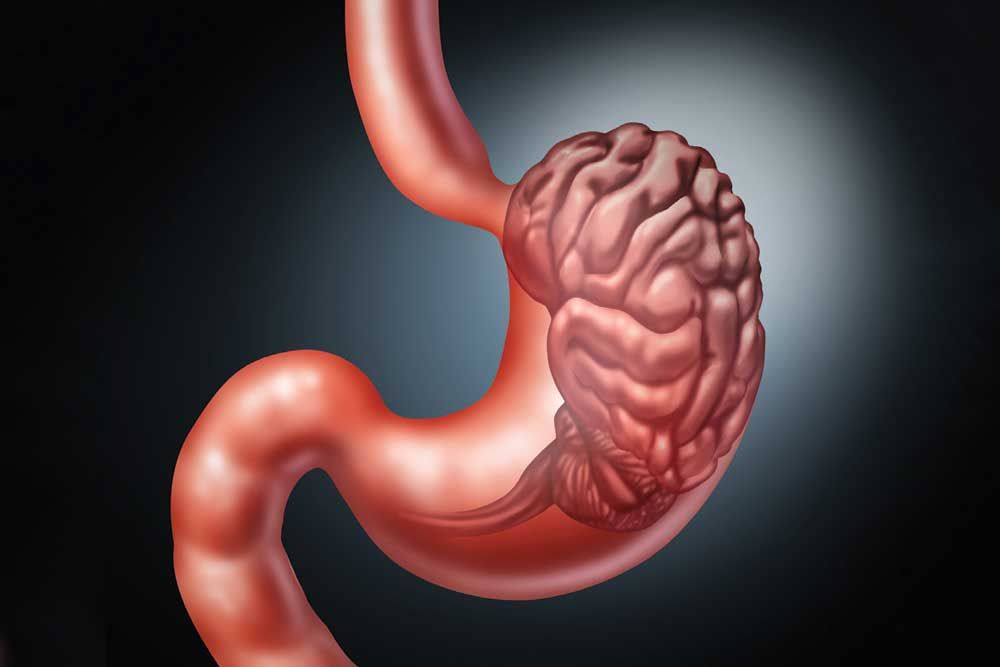Taste Is Emotional
Jun 26, 2019 • 5 views

EAT THREE MEALS and don’t snack in-between. Not because I am dieting, but because if I snack—that is, consume a food or drink between meals—I am unable to do full justice to lunch or dinner. That upsets me because I really look forward to my lunch. Others may not have this problem. They may snack and also devour their main meals. Snacking, says a National Institute of Health study, contributes close to one-third of daily energy intake, with many snacks consisting of energy-dense and nutrient-poor foods. Indians love their snacks, particularly traditional ones—pakodas, masala peanuts,sev, Bombay Mix,kurkure, bhujiya, and so on. Not surprisingly, the savoury snacks market in India is ready to hit the Rs 1 lakh crore mark by the end of the current decade, growing at a healthy double-digit pace, according to consultancy firm Ikon, with the branded segment holding 60 per cent of it.
Why do we snack? Because we can. Think about it—our ancestors who experienced food scarcity would have consumed food during daylight hours, leaving long hours of fasting overnight. But we, with 24-hour electricity, can eat at all hours. Studies show that exposure to artificial light for prolonged periods causes, at least in rodents, an increased disposition to metabolic diseases. It wouldn’t be surprising if the same were true of those of us who work night shifts, for instance, in call centres. Other studies have shown a relationship between snacking and emotional turmoil and with social factors such as being in poor neighbourhoods and not getting access to fresh fruit, and so on. Several studies make a distinction between fibre and nutrient rich snacks such as nuts, and junk food such as chips, with the latter category being deemed as the culprit for obesity and other health issues plaguing our worlds. Snacking, guilt, ill-health, and obesity have become a vicious cycle for us in the 21st century.
Is there a way to break out of it? Like our brains, does our body create new pathways based on what we have consumed in the past, and lead us to choices that determine our snacking patterns? What if our bodies, like our minds, have different reactions and very complex relationships with food and snacking? I read voraciously and widely, so the connections I make between different fields would be dissimilar to those of someone who reads deeply and perhaps only non-fiction, or only military history, and may not connect how one gardens to ideas about citizenship. They may, however, be able to tell you the precise details of Napoleon’s battle plan to conquer Europe.
I prowled through the world of science for an answer to the question of what you choose to eat, whether you snack, and how frequently you do so. Your first choices of food, it seems, may be determined by genes. We have taste receptors related to sweet, fat and bitter tastes. As pre-schoolers, we choose specific foods based on the genetic variants related to these taste receptors, that is what researchers at the University of Guelph in Canada found. Other researchers from Norway found that a diet with 65 per cent carbohydrates, which is often what the average Norwegian eats in some meals, causes a number of classes of genes to work overtime. This affects not only the genes that cause inflammation in the body, which was what we originally wanted to study, but also genes associated with development of cardiovascular disease, some cancers, dementia, and type 2 diabetes—all the major lifestyle-related diseases, they say. This means that the same foods may be healthy for one genetic pattern but not for another. Forget pill popping—all those expensive omega 3 supplements for a healthy heart may have a placebo effect for your body, but may be very effective for Inuits eating fatty fish and meat. Why? Because they have genes that break down fatty acids differently from us.

It is an accepted medical fact that the brain and the stomach are intimately connected. The brain sends signals to the digestive system
